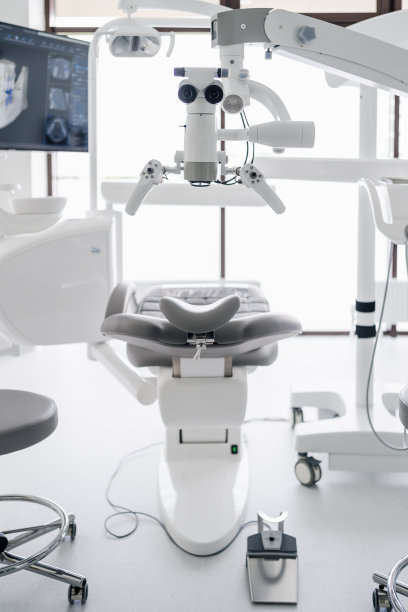Comprehensive Guide to Understanding Dental Implant Treatment Options Benefits and Aftercare Procedures for Optimal Oral Health
Summary: Dental implants represent a revolutionary solution for individuals facing tooth loss. This comprehensive guide delves into various treatment options available for dental implants, highlighting their benefits and essential aftercare procedures necessary for maintaining optimal oral health. Readers will gain insights into the types of implants, the advantages they offer over traditional dentures or bridges, and the critical aftercare required to ensure longevity and functionality. By understanding these elements, patients can make informed decisions regarding their dental health and restore their smiles with confidence.
1. Understanding Different Dental Implant Types

When considering dental implants, its essential to understand the various types available. The most common types include endosteal implants, which are surgically placed directly into the jawbone, and subperiosteal implants, which are placed under the gum but above the jawbone. Each type serves different needs based on the patient’s condition and bone structure.
Endosteal implants are typically made from titanium and are favored for their durability and natural feel. They provide a stable base for permanent or removable teeth. On the other hand, subperiosteal implants might be used for patients who do not have enough healthy jawbone and prefer to avoid bone augmentation procedures.
Additionally, newer technologies like mini implants have emerged, offering a less invasive option for those with limited bone density. They are smaller in size and can be placed with less discomfort, though their application may be limited to specific cases. Understanding these options helps patients better communicate their needs with healthcare providers.
2. Benefits of Choosing Dental Implants
The benefits of dental implants are numerous and transformative, making them a popular choice for tooth restoration. Firstly, they significantly enhance oral functionality, allowing patients to chew and speak more effectively than they could with traditional dentures. This functionality directly improves the quality of life.
Moreover, dental implants provide aesthetic benefits that go beyond functionality. They are designed to blend seamlessly with natural teeth, providing a much more appealing smile. Patients often feel more confident about their appearance after receiving implants, which can lead to improvements in self-esteem.
Lastly, dental implants promote long-term oral health. They stimulate the jawbone, preventing bone loss that often follows tooth loss, which can alter facial structure and lead to further dental issues. This proactive aspect of dental implants makes them a highly valuable option in restorative dentistry.
3. Importance of Aftercare and Maintenance
Aftercare is a critical component of the dental implant process, ensuring that the implants integrate properly with the jawbone and enabling long-term success. Patients are encouraged to follow a rigorous oral hygiene routine, including brushing and flossing daily, to prevent peri-implant diseases.
Routine dental check-ups are also essential following implant placement. Regular visits to the dentist allow for monitoring of the implants condition and timely management of any issues that may arise. Also, professional cleanings can help maintain the health of surrounding structures, contributing to the longevity of the implant.
Additionally, patients should be mindful of lifestyle choices that could impact their oral health. Avoiding tobacco products is vital, as smoking can hinder healing and negatively affect gum health. Staying hydrated and maintaining a balanced diet can also significantly aid in the recovery process.
4. Preparing for Dental Implant Procedures
Preparation for dental implant procedures involves several steps, all aimed at ensuring the best possible outcomes. Patients typically undergo thorough evaluations, including imaging tests like X-rays or CT scans, to assess bone structure and overall oral health before undergoing the procedure.
Its vital for patients to disclose their complete medical history, including any pre-existing conditions that might affect healing. Collaborating with a knowledgeable dental professional can help tailor treatment plans that address individual needs, enhancing safety and efficacy.
During the healing phase after implant placement, patients must adhere to their dentists recommendations closely, as this can influence the success of the implants. Trusting the process and being diligent can lead to rewarding long-term results.
Summary: In conclusion, understanding dental implant treatment options empowers patients to make informed decisions about their oral health. The numerous benefits provided by implants, coupled with effective aftercare and proper preparation, create a robust framework for successful dental restoration. This understanding helps build confidence and encourages proactive attention to ones dental needs, ultimately leading to a healthier smile.
This article is compiled by Vickong Dental and the content is for reference only.



